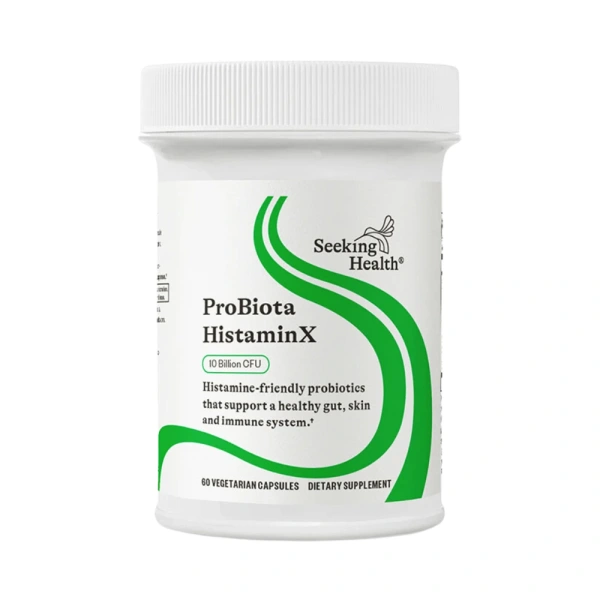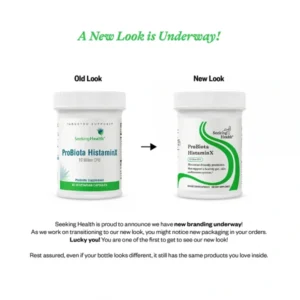In an era of rapid technological advancements and demanding lifestyles, the pursuit of health has become a cornerstone of human aspiration. Seeking health is more than a journey of physical well-being; it is an exploration of mental clarity, emotional resilience, and spiritual harmony. This multifaceted quest is essential for achieving a balanced life in an ever-changing world.
Table of Contents
ToggleThe Importance of Holistic Health
Health is traditionally defined as the absence of disease, but this definition barely scratches the surface. Holistic health encompasses physical, mental, emotional, and social well-being, recognizing the interconnectedness of these dimensions. Achieving holistic health means nurturing every aspect of life to create harmony within oneself and with the environment.
Physical health serves as the foundation of well-being. It includes proper nutrition, regular exercise, adequate sleep, and preventative care. However, ignoring mental and emotional health can unravel the benefits of a healthy body. Emotional stability and mental clarity allow individuals to cope with stress, build meaningful relationships, and lead fulfilling lives. Furthermore, spiritual health—defined not by religion but by a sense of purpose and connectedness—provides inner peace and resilience.
Barriers to Optimal Health
The pursuit of health is fraught with challenges. Urbanization, technological advancements, and modern conveniences have contributed to sedentary lifestyles, unhealthy diets, and a disconnection from nature. Stress, a pervasive element in contemporary life, can have devastating effects on physical and mental health.
Moreover, misinformation and the commodification of health pose significant barriers. Fad diets, quick-fix supplements, and misleading advertising exploit the desire for health, often at the expense of genuine well-being. Accessibility to healthcare and disparities in socio-economic conditions further exacerbate the divide in health outcomes among different populations.
Steps Toward Better Health
Despite these challenges, there are actionable steps individuals can take to pursue health:
1. Prioritizing Nutrition
A well-balanced diet is the cornerstone of health. Consuming a variety of whole foods rich in nutrients—such as fruits, vegetables, lean proteins, whole grains, and healthy fats—supports physical vitality and mental clarity. Avoiding processed foods, excessive sugar, and trans fats can prevent chronic diseases like diabetes, obesity, and heart disease.
Hydration is equally important. Water facilitates bodily functions, aids in detoxification, and supports cognitive performance. By being mindful of what goes on our plates, we empower ourselves to make choices that align with long-term health.
2. Engaging in Regular Exercise
Physical activity is essential for maintaining a healthy body and mind. Exercise strengthens the heart, improves circulation, and supports the musculoskeletal system. It also boosts mood, reduces anxiety, and promotes better sleep by releasing endorphins—the body’s natural feel-good chemicals.
Finding a form of exercise that suits one’s interests and abilities is crucial. Whether it’s yoga, running, swimming, or dance, consistency matters more than intensity. Even daily walks can have profound benefits.
3. Cultivating Mental Resilience
Mental health is a pillar of overall well-being. Practices like mindfulness, meditation, and journaling can help manage stress and improve self-awareness. Professional support through therapy or counseling can also provide invaluable tools for navigating life’s challenges.
Additionally, building a supportive social network and fostering healthy relationships contribute to mental resilience. Humans are inherently social beings, and meaningful connections play a vital role in mental health.
4. Prioritizing Sleep
Sleep is often overlooked in discussions about health, yet it is a crucial determinant of well-being. Quality sleep rejuvenates the body, sharpens cognitive function, and regulates emotions. Poor sleep habits are linked to various health issues, including weight gain, depression, and weakened immunity.
Establishing a consistent sleep routine, creating a calming bedtime environment, and minimizing exposure to screens before sleep can enhance restfulness and overall health.
5. Embracing Preventative Care
Preventative care involves taking proactive steps to avoid illness rather than reacting to it. Regular health check-ups, vaccinations, and screenings are essential. Awareness of family medical history and early intervention can also prevent potential health complications.
6. Connecting with Nature
Spending time outdoors has profound benefits for both physical and mental health. Nature exposure reduces stress, enhances mood, and boosts immune function. Activities like hiking, gardening, or simply walking in a park can reconnect individuals with the natural world and offer a respite from the demands of modern life.
The Role of Community in Health
Health is not solely an individual endeavor; it is a collective responsibility. Communities play a significant role in promoting and sustaining health. Access to green spaces, clean water, and nutritious food are fundamental rights that communities must safeguard. Public health initiatives, education, and infrastructure can bridge gaps and empower individuals to make informed decisions about their well-being.
Furthermore, social support networks are invaluable. A strong sense of community fosters belonging, reduces loneliness, and enhances mental health. Volunteering, joining local groups, or participating in cultural and recreational activities can strengthen communal ties and enrich lives.
Navigating the Modern Health Landscape
The modern health landscape is vast and often overwhelming. The rise of technology has brought unprecedented access to information, but not all sources are reliable. Understanding how to evaluate health claims, discern credible sources, and seek professional advice is critical.
Telemedicine and health apps have revolutionized accessibility, enabling individuals to monitor their health, consult experts, and adopt healthier habits. However, these tools should complement—not replace—traditional healthcare.
The Transformative Power of Seeking Health
The journey toward health is transformative. It is not about perfection but about progress and consistency. Each small step—be it choosing a salad over fast food, walking instead of driving, or practicing gratitude—compounds into significant change over time.
Health is not a destination but a dynamic process. Life’s challenges may temporarily derail efforts, but resilience and adaptability are key. The act of seeking health is an affirmation of life itself—a commitment to nurturing the mind, body, and spirit.
Conclusion
Seeking health is a universal endeavor that transcends age, gender, and cultural boundaries. It is a lifelong pursuit requiring intentionality, self-awareness, and community support. By embracing a holistic approach, individuals can unlock their potential, foster resilience, and experience a life rich in vitality and fulfillment.
In a world full of distractions and demands, prioritizing health is an act of empowerment. It is a reminder that the body is a temple, the mind is a sanctuary, and life is a precious gift worth cherishing. Let the journey of seeking health inspire not just a better self but a better world.




